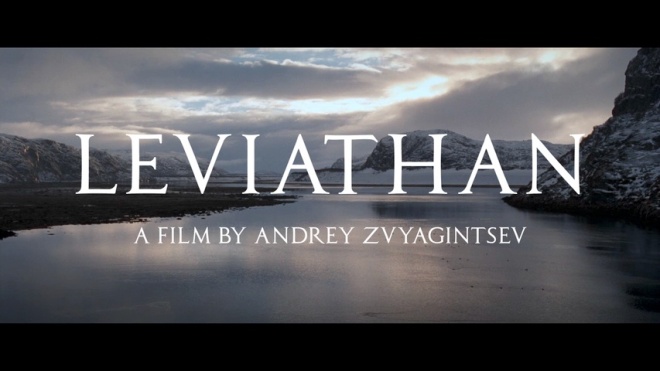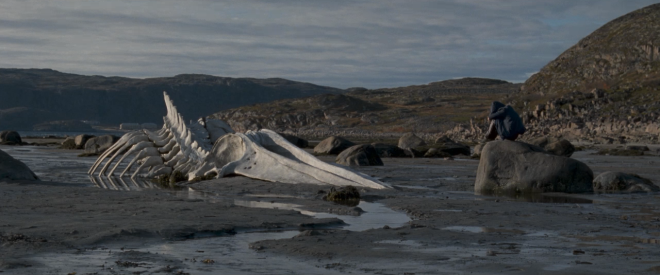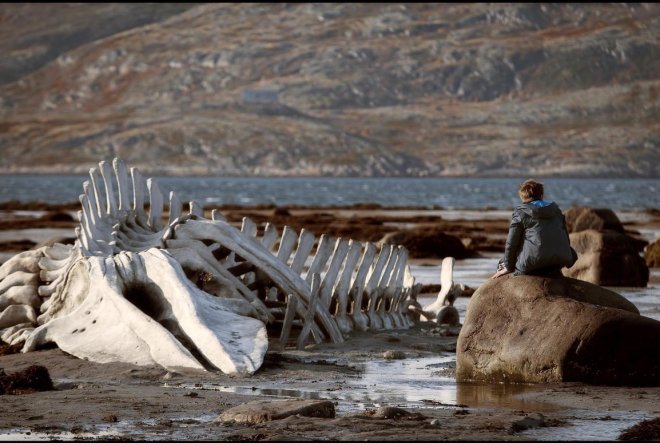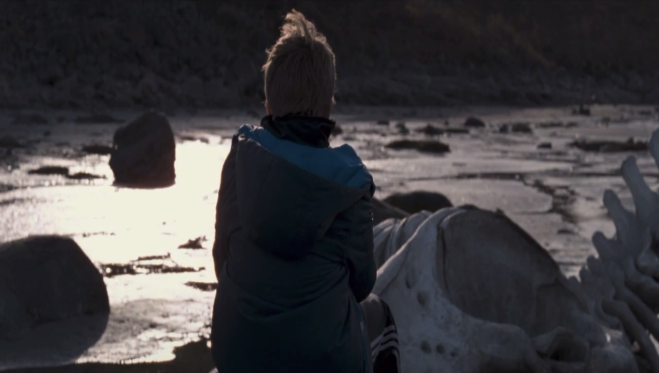Nobody likes it when you mention the unconscious, and nowadays, hardly anybody likes it when you mention the environment. You risk sounding boring or judgmental or hysterical, or a mixture of all these. But there is a deeper reason. Nobody likes it when you mention the unconscious, not because you are pointing out something obscene that should remain hidden—that is at least partly enjoyable. Nobody likes it because when you mention it, it becomes conscious. In the same way, when you mention the environment, you bring it into the foreground. In other words, it stops being the environment. It stops being That Thing Over There that surrounds and sustains us. When you think about where your waste goes, your world starts to shrink. This is the basic message of criticism that speaks up for environmental justice, and it is the basic message of this book.
Timothy Morton. Ecology Without Nature: Rethinking Environmental Aesthetics. (2000)


Andrey Zvyagintsev, Leviathan (2014)
FIND IT ON THE MAP
Most critical readings of Leviathan focus on its treatment of the relationship between state power and the individual, overshadowing the importance of the land. Yet, land is a central issue in the film. It is Nicolai’s land that functions as a motor of the story; its prized position on the edge of the cape is what sparks the Mayor’s desire to acquire it, and it is Nicolai’s ancestral connection to the land that drives him into a self-destructive opposition to state power. The central question of Leviathan can thus be read not only as, “How much power should the state have over the individual?” but also how much power it has over land and nature. The destruction of Nicolai’s house and its replacement by a new church serves as the key visual metaphor of the film; Nicolai’s organic bond to his natural surroundings is destroyed in a methodical act of house-demolition, paralleling the moral, judicial, and psychological destruction of its owner. However, as Simon Schama suggests, landscape, in contrast to nature, is constructed by the mind and pervaded by memory.
Julia Vassilieva, Russian Leviathan: Power, Landscape, Memory, 2018


